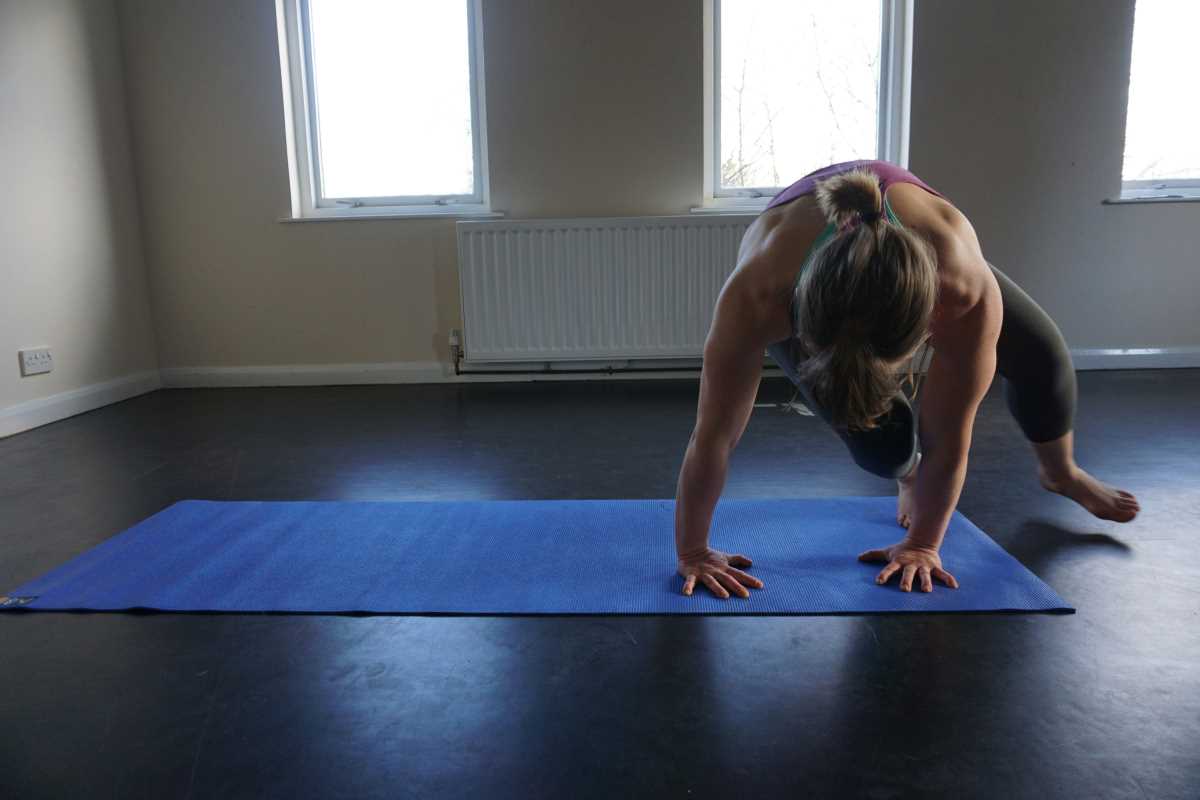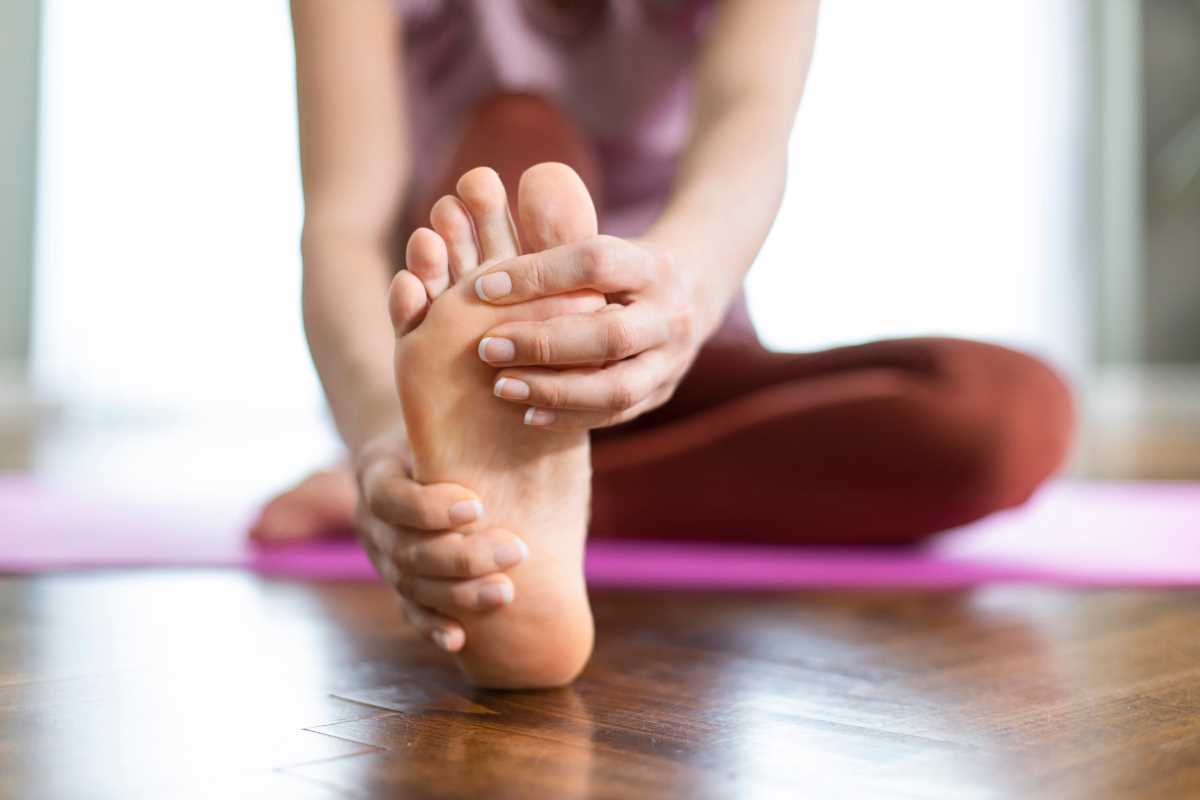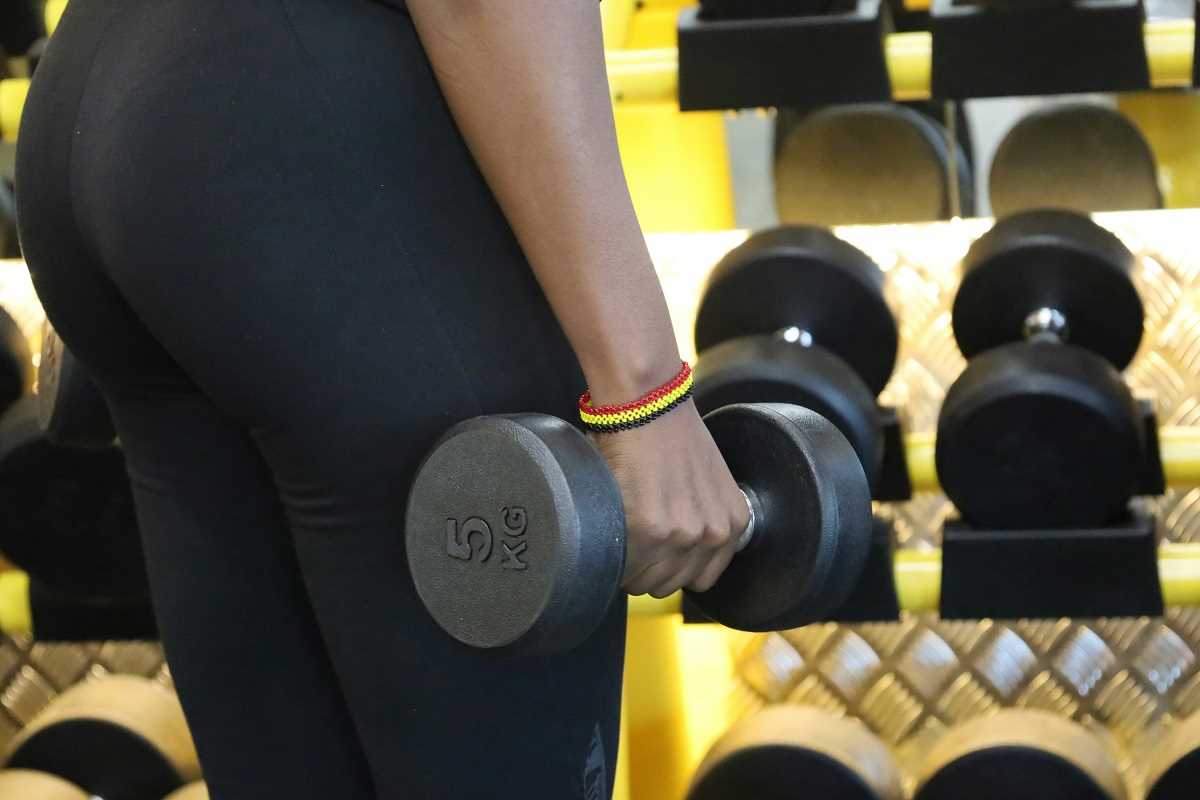Muscle aches after exercise can disrupt your routine and make it harder to stay motivated. This guide explains simple, science-backed methods to help your body recover more quickly, so you maintain steady energy with every workout. Learn how to encourage muscle repair, support healthy hormone levels, and stay focused without relying on vague advice. Instead of broad suggestions, you’ll discover specific steps you can put into practice right away. With easy-to-follow recommendations, you can return to your next session feeling stronger and more prepared, making each workout count without unnecessary setbacks.
How to Recover Holistically
- Balance: Combine nutrition, movement, rest, and mindset to treat your whole body.
- Sleep quality: Deep rest triggers repair hormones and clears metabolic waste.
- Stress management: Lower cortisol levels help muscles rebuild and keep your mood steady.
- Circulation: Boost blood flow to deliver nutrients to tired tissue.
Each part influences the others. Adjusting one area without considering the rest creates gaps in recovery. Think of your body as a system that needs all pieces working together smoothly.
View your plan as more than just post-exercise cooldowns. Focus on daily habits that keep cells fueled, reduce inflammation, and keep your mindset sharp for the next workout.
Nutrition Tips for Faster Repair
- Protein timing: Eat 20–30 grams of high-quality protein within an hour after training. Options include lean meats, dairy, or plant-based blends.
- Omega-3 fats: Add salmon, flaxseed, or walnuts to your diet each day to help reduce muscle swelling.
- Antioxidant boost: Snack on berries, cherries, or dark chocolate to fight oxidative damage.
- Hydration: Drink at least half your body weight in ounces of water daily, with extra around workouts.
- Electrolyte mix: Use a sodium-potassium blend in your water if you sweat heavily, to keep nerve signals firing.
Prioritize whole foods and cut back on processed sugars that increase inflammation. This approach accelerates repair and helps keep energy levels steady.
If you want variety, try plant powders that combine protein, greens, and probiotics. They often include rebuilding blocks and gut support in one scoop.
Physical Recovery Methods
Light movement the day after an intense session prevents stiffness. Try easy cycling, swimming, or dynamic stretching to support blood flow.
Massage tools can target tight spots. Use a Theragun or roll on a foam cylinder. Their percussive pulses or sustained pressure ease knots.
Restoring Mental and Emotional Balance
Calming your mind speeds up the overall renewal process. Spend ten minutes each evening sitting comfortably and breathing steadily. Focus on inhaling for four seconds, then exhaling for six.
Write down three accomplishments from your training each day. Recognizing progress reduces self-doubt and prepares you for the next challenge.
Sleep Tips for Optimal Recovery
Establish a wind-down routine 60 minutes before bedtime. Dim the lights, turn off screens, and stretch gently. This signals your brain to switch into rest mode.
Keep your room cool and quiet. Maintaining a temperature around 65°F and using blackout curtains help you cycle through deep and REM sleep stages, where most repair happens.
Putting Together a Complete Recovery Plan
- Plan meals and snacks to meet daily protein and healthy fat goals.
- Schedule at least two active recovery sessions weekly.
- Create a 10-minute nightly routine of breathing exercises and gratitude journaling.
- Set a consistent sleep schedule of 7–9 hours, adjusting lighting and temperature as needed.
- Keep track of your progress using a simple journal or app, noting energy, mood, and soreness levels.
Introduce each step gradually. Add new habits one at a time and allow your body to adapt before progressing. Staying consistent is more important than doing everything at once.
Review your recovery journal every Sunday. Make adjustments to your diet, movement, or bedtime based on how you feel and how your training goes.
Providing comprehensive care with balanced meals, proper cooldowns, mental relaxation, and quality sleep helps your body stay resilient and perform well in every workout.
 (Image via
(Image via





